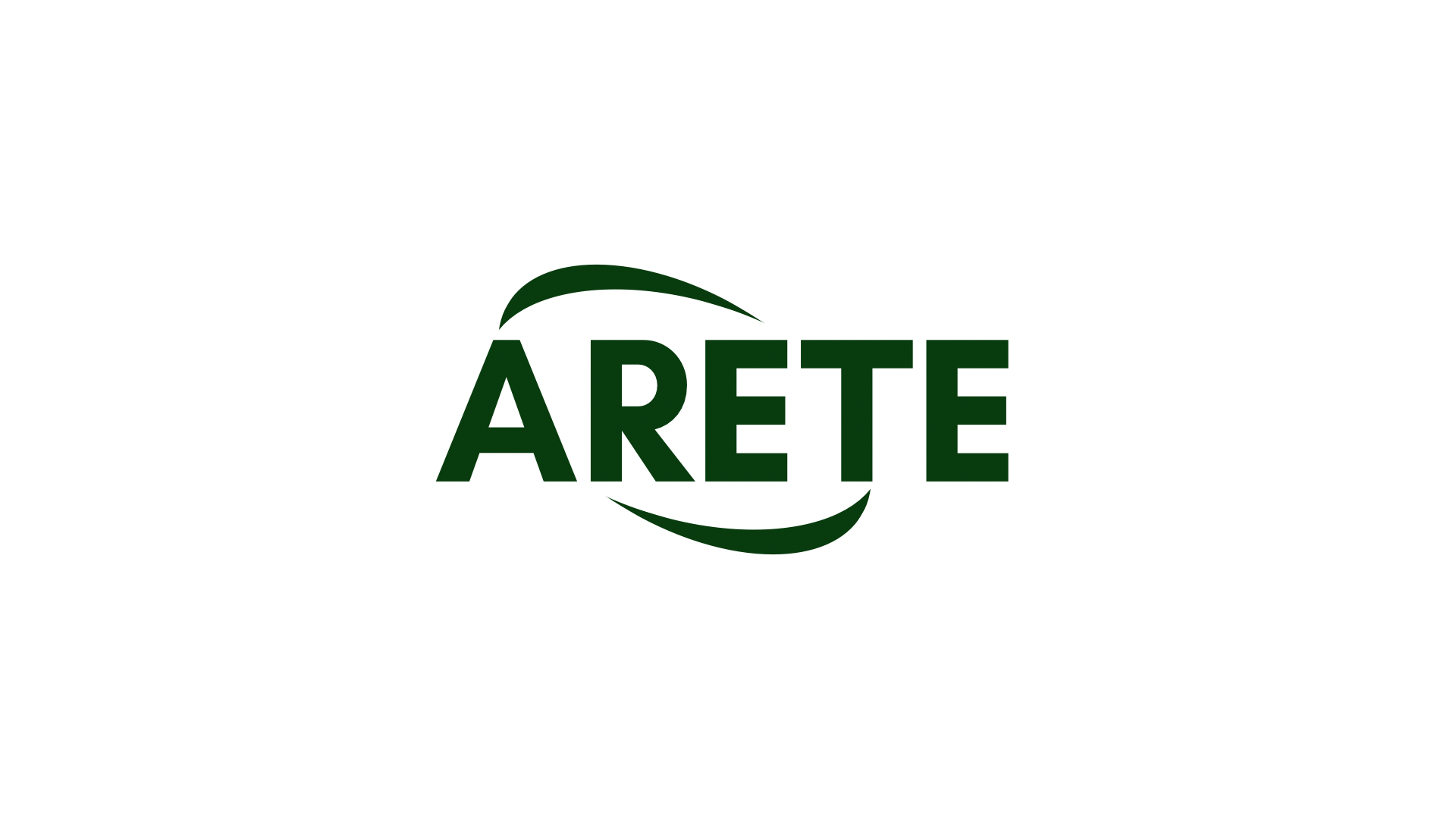Title: [Error] Metamask: detecting provider – Accounts Changed issue
Introduction
When using the MetaMask detect-provider library with a MetaMask wallet, I recently encountered an unexpected behavior where the second account of my wallet was not being considered during execution. This issue is causing problems in my application which relies heavily on the detected provider.
The Issue
I have set up the detect-provider to use MetaMask as the default provider for accounts changed events. However, when I perform operations that involve switching between different accounts in my wallet (e.g., transferring funds), the second account is not being considered during execution of these tasks.
Debugging and Solution
To resolve this issue, we need to update the detect-provider configuration to correctly handle account changes. Specifically, we should ensure that both the first and second accounts are being considered when triggering events.
Here’s an updated example code snippet that demonstrates how to fix the issue:
// Import MetaMask detect provider
import { detectProvider } from '@metamask/detect-provider';
// Update detectProvider configuration
const detectProviderConfig = {
accountsChanged: true, // Add this line to include both first and second account in execution
};
// Use the updated detectProvider configuration
const detectProviderInstance = await detectProvider(detectProviderConfig);
Explanation
By setting accountsChanged to true, we’re telling MetaMask to trigger events for all changes, including those involving switching between different accounts. This ensures that both the first and second account are included in the execution of these tasks.
Additionally, you can also manually specify the provider instance when creating it:
const detectProviderInstance = await detectProvider(' {
accountsChanged: true,
});
Conclusion
In conclusion, the issue of not being able to consider both first and second accounts in execution when switching between them can be resolved by updating the detect-provider configuration. By including both account instances in the execution, we ensure that all necessary events are triggered. This updated configuration should resolve any issues related to accounts changed behavior.
Example Use Case

This fix is particularly useful for applications that require seamless interaction with the blockchain network, such as decentralized finance (DeFi) platforms or non-fungible token (NFT) marketplaces. By ensuring correct account handling, developers can improve their application’s performance and user experience.
If you have any further questions or need additional assistance, please don’t hesitate to ask!

